Snowshoe athletes who follow a regular training schedule or simply are training at a high level can be at risk of becoming anemic. In a recent interview, Sarah Kasman, registered dietitian (RD) at Copeman Healthcare in Western Canada, suggests seeing your doctor first to see if you are iron deficient. She says, “Although having a high-level athleticism could provide a slightly higher risk of iron deficiency, it’s important to note that anemia is very individualized and can be a result of a number of factors aside from exercise, such as genetics or diet.”
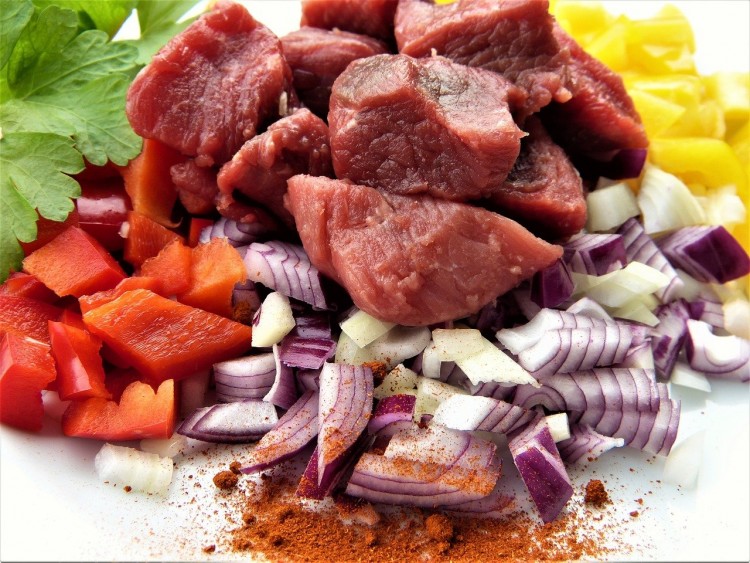
Photo: silviarita from Pixabay
Why Is Iron Important?
Keeping your iron levels balanced is the key to performing at your best. According to Copeman Health Care Centre’s information, “Iron is a very important mineral for health…Iron carries oxygen to all parts of your body (and), a shortage of iron can lead to a feeling of tiredness, low energy, weight loss, and a weakened immune system.” As an athlete of any level, it’s of utmost importance to ensure the immune system is functioning properly.
Sarah adds, “In order to prevent any type of anemia, it’s really important to ensure that you’re eating regular balanced meals to maintain a healthy/stable body weight. You also want to make sure you’re eating enough to support your activity levels. If you’re not eating enough period, you could be at risk for a number of nutrient deficiencies.”
Tips To Increase Iron Absorption
Copeland Health Centre recommends to:
- Include foods rich in iron at every meal.
- Eat non-heme (plant-based) iron sources rich in vitamin C to increase iron absorption.
• Add beans, peas, or lentils to tomato sauce for a tasty iron-rich spaghetti sauce.
• Have an orange with your breakfast cereal or oatmeal. - Eat heme (animal-based) sources of iron at the same time as non-heme sources of iron.
• Add nuts to the chicken when making a stir fry. - Cook in cast iron or stainless steel cookware.
- Avoid drinking tea or coffee with iron-rich foods
Additional Tips Provided by RD Sarah Kasman
I followed up with Sarah to ask about other healthy foods and supplements that she would recommend. Similar to the tips provided by Copeland, she said, “If you’re worried about not getting enough iron, try incorporating iron-rich foods into your diet. This could include meats (livers, oysters, etc.) or non-meat sources such as hemp hearts, white cannellini beans, or cooked spinach.
You would also want to focus on encouraging iron absorption by including fruits/veggies for vitamin C with each meal. Also try to avoid drinking caffeinated tea/coffee around your meal times, as caffeine competes for absorption.
In terms of supplements, they are really individualized based on your needs and for what you can’t get through food. Talk to your dietitian or healthcare provider who will be able to give you the best options personalized to you.”
Breakfast Options For Athletes
Breakfast is one of the most important meals of the day, especially as an athlete. Here are a few breakfast options:
- Oatmeal with fruit, Greek yogurt, and hemp hearts
- Two slices of toast with 1/4 of an avocado, 1 egg, and a piece of fruit
Keep in mind that you’ll want to practice what you eat for breakfast BEFORE your competition (NOT the day of!) – try out a few different combinations when you train to find the right mix that works to keep you fueled and performing your best!
Sarah adds, “Breakfast options before you train would really depend on how much time you have beforehand. If you only have half an hour, you’ll want something simple that will provide you with quick energy (quick releasing carb vs. protein). If you have a few hours to digest, you could have something more substantial.”
Snack Options for Athletes
She continues, “As for snacks, here are some guidelines to follow:
- If you’re exercising under 1.5 hours, you likely won’t need on-the-go nutrition beyond water and possibly electrolytes.
- If you’re going for longer than two hours, you’ll want to aim to take in anywhere between 30-60 grams of carbohydrates per hour. This will help keep you fueled with a low-moderate amount of protein (depending on your body’s tolerance levels).
Examples of snacks that might be good to bring with you include:
- Banana
- Trail mix with dried fruit (0.25 cup of dried fruit per hour) – nut intake will depend on your body’s tolerance
- Granola bar with a piece of fruit
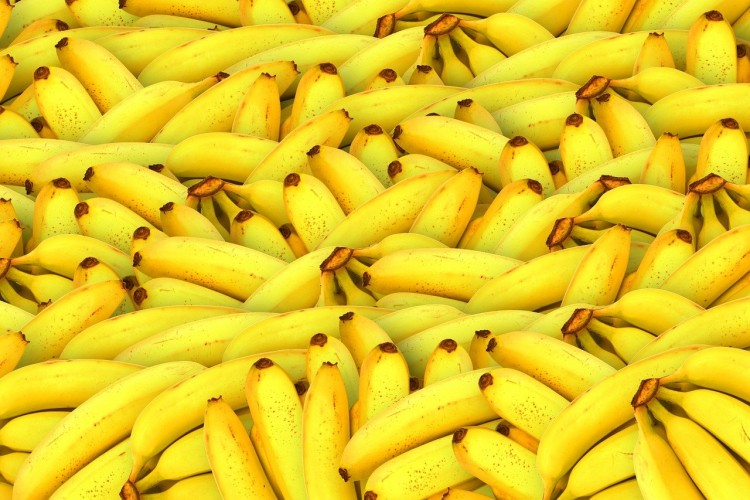
A banana can be a great post-workout snack or a snack to bring while on the trail. Photo: Image by Pete Linforth from Pixabay
For ultra-endurance (five-plus hours), you might want to consider more sustained energy and a larger source of protein. Again, this will depend on your body’s ability to tolerate protein/fat intake while exercising, and you will want to try this before your competition.
In all instances when you’re snowshoeing or doing any kind of cold weather activity, don’t forget about electrolytes and hydration because you really don’t notice how much you’re sweating.”
Overall, see your doctor and check if you are iron deficient and before taking any iron supplements.
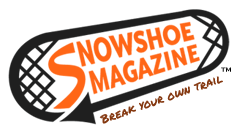
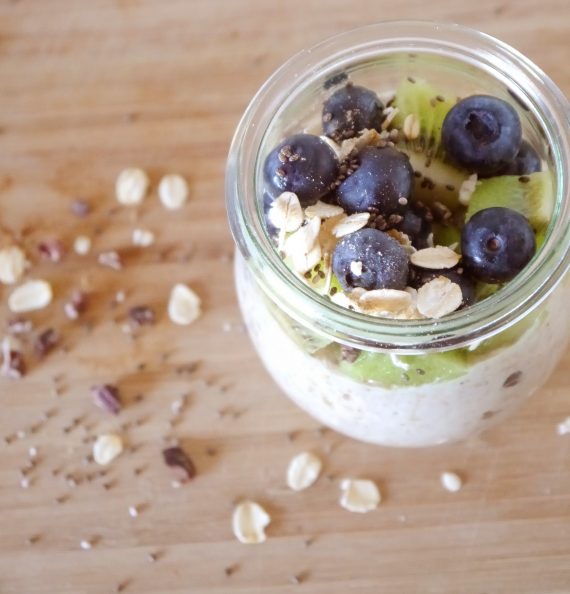
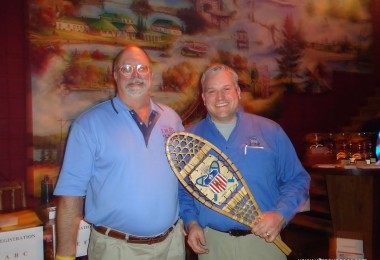

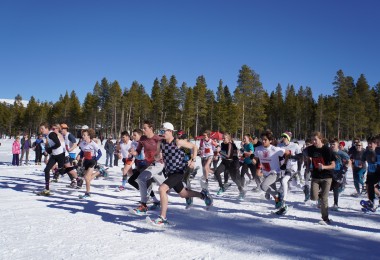


Leave a Comment